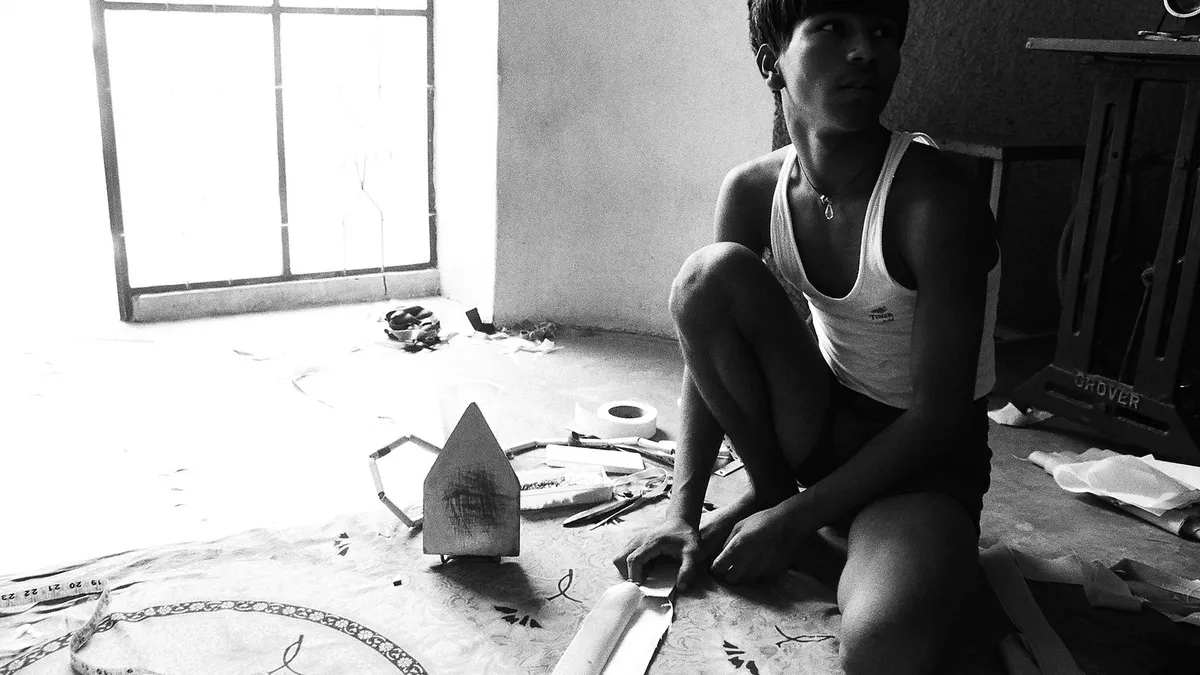Dive Brief:
- To aid more than 500,000 people globally who are caught in the web of modern slavery, the U.K. has pledged $53.7 million to eradicate this "global disgrace," Sourcing Journal reported.
- The financial support will aid in tackling forced labor and human trafficking around the world, with 40 million people estimated to be modern day slaves.
- The announcement comes on the heel of Prime Minister Theresa May's United Nations pledge to end modern slavery. The pledge is part of the second phase of the Work in Freedom program, which focuses on women migrant workers in South Asia, who are the most frequent victims of forced domestic work and garment manufacturing.
Dive Insight:
The chase for low cost — at all cost — in the supply chain comes with a certain amount of baggage and guilt for suppliers and consumers alike.
Early offshorers to China reveled in the dramatic cuts in labor costs while often turning a blind eye to extremely poor working conditions, hideously low wages, child labor and worse. Those cheap and trendy sweaters, or the latest piece of shiny tech, were manufactured in countries by companies who may be leveraging labor costs by ignoring human costs.
As China matured to become a manufacturing behemoth, wages began to rise, creating a large and growing middle class clamoring for the very types goods they were producing. Their higher wages made offshoring less cost effective and the search went on for countries with lower labor rates.
The journey continued through Asia and the Middle East, with countries attracting businesses with lower labor rates. As those rates also began to rise, many manufacturers headed further west into Africa. Along with the journey came the stories about abuse, forced labor and human trafficking, as indicated in the article.
Many years ago, a sales person representing a Chinese manufacturing company called on me, hoping to secure some machining business with the lure of significantly lower prices. He was quick to show me the "modern" facility. His detailed pictures showed what seemed like several traditional factory buildings in a campus-like atmosphere. He then showed me the dormitories where the factory workers lived. Getting increasingly queasy with his pitch, I took a closer look at the "campus." I saw a high fence all around the grounds and in one corner a high tower. I mentioned quite sarcastically that is seemed like a prison to me, not a manufacturing complex. He blushed, folded up the brochure, and left my office quickly.
Far too many companies during this holiday season provide lip service to corporate social responsibility by stocking their lobbies with donation boxes for the underprivileged. This feel-good message may be masking the human toll collected in countries far away from the warm glow of holiday lights. While their offshore sourcing decisions may have been made with all due diligence, there may be members of their extended supply chain taking advantage of helpless human beings, all in the name of profit.














